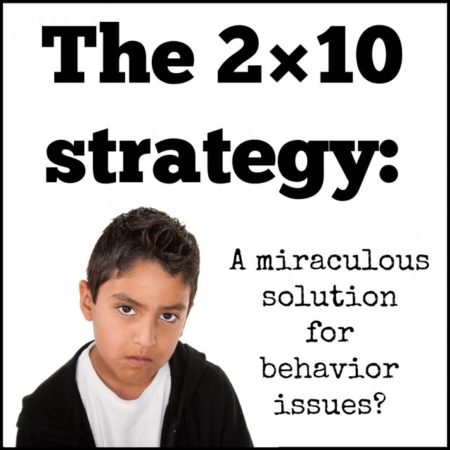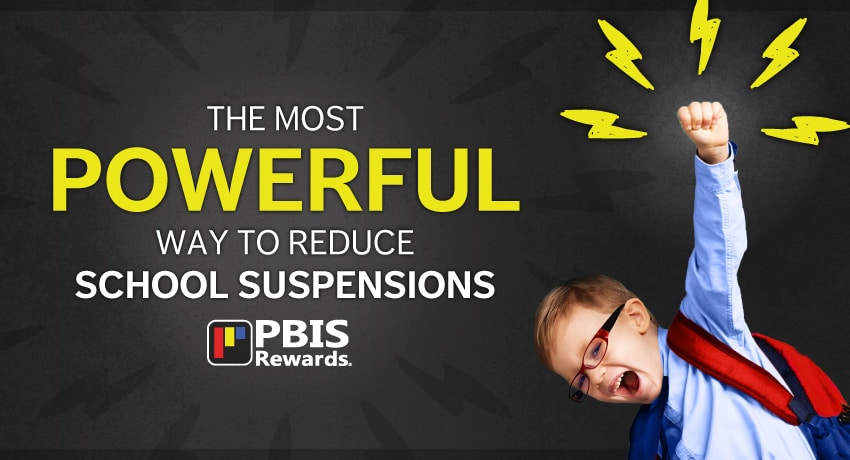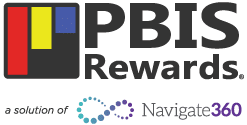Discipline in schools can be a tricky proposition.
It would be great if every student was a model student and infractions were minor. But every student is an individual. Each one comes to school every day with their own goals, dreams, issues, and obstacles. Sometimes poor behavior can be effectively redirected and corrected. Other times, students are grappling with issues that grow larger and more complex with time. This is where one school suspension can become two or more, leading to drop-out or expulsion.
Policies leading to school suspensions can vary widely from state to state, district to district, and school to school. What might be a mid-level infraction in one school could easily fall within a “no tolerance” policy in another. Nearly 4 million students are suspended from school every year, many of them bright but troubled.
Do School Suspensions Work?
Suspended students are often those with shaky grades, to begin with. When a student is suspended from school, they fall further behind in schoolwork, leading to even poorer grades. Students who are too far behind in classwork are more likely to drop out. Those individuals who drop out of the educational process are often more likely to be arrested and/or incarcerated. In fact, more than half of the inmates in federal, state, and local correctional facilities did not complete high school.
School suspensions punish a student for poor behavior. But many such students do not see suspension as punishment. Instead, they view it as a vacation from a place where their best efforts are never recognized. When educators focus on penalties for poor behavior, some students simply give up.
A Powerful Way to Reduce School Suspensions
Considerable research focuses on what is often termed the “school-to-prison pipeline.” Suspensions play a critical role in this process. However, there is a powerful way to reduce school suspensions, and every educator can use it.
Researchers at Stanford University recently examined the issue of school suspensions and learned that a simple expression of empathy by teachers can go a long way toward improving behavior. Showing empathy can be as simple as setting your own viewpoint aside and attempting to see things from the student’s perspective. This validation can be powerful to the student and can help to dilute the issue at hand. A listening ear is often what students crave most, and having an adult to help them work through issues can empower students in numerous ways.
When teachers spend two minutes per day for ten days with an at-risk student, it builds a relationship based on trust and respect. Students respond to educators they feel are really listening to them.

How PBIS Rewards Can Help
School discipline has traditionally focused on the correction and/or punishment of negative behaviors. However, PBIS flips that traditional model and instead focuses on acknowledging and rewarding positive behaviors. Students respond to this recognition, and positive behavior becomes the norm rather than the exception. The net effect of this is a significant reduction of negative behavior, and an improved overall school climate.
Still, many schools are reluctant to begin PBIS, opting instead to continue using a punitive system for negative behavior. Often the reason is very simple: a PBIS program takes time and manpower to administrate, and these components are at a premium in most schools.
PBIS Rewards can help flip that power struggle by making it simple to administrate a PBIS program in any school. Our technology-based system makes it easy to reward, track, and redeem points. It works at all grade levels and eliminates the need for paper tokens as well as teacher-generated spreadsheets for tracking. Schoolwide use of a PBIS program is also easier when you use PBIS Rewards. The reporting feature allows you to generate a variety of reports that clarify which teachers are using the program with fidelity and which ones may need coaching.
PBIS Rewards brings all the elements of a PBIS program together in one location, accessible to teachers, administrators, parents, and students through the suite of PBIS Rewards apps.
While it’s true that using a PBIS program requires a shift from a conventional punishment-centric mindset, the benefits are truly transformative. The focus on positive behavior builds student-teacher relationships, reduces referrals, and lowers the number of suspensions. PBIS Rewards can help your school climate change for the better!


